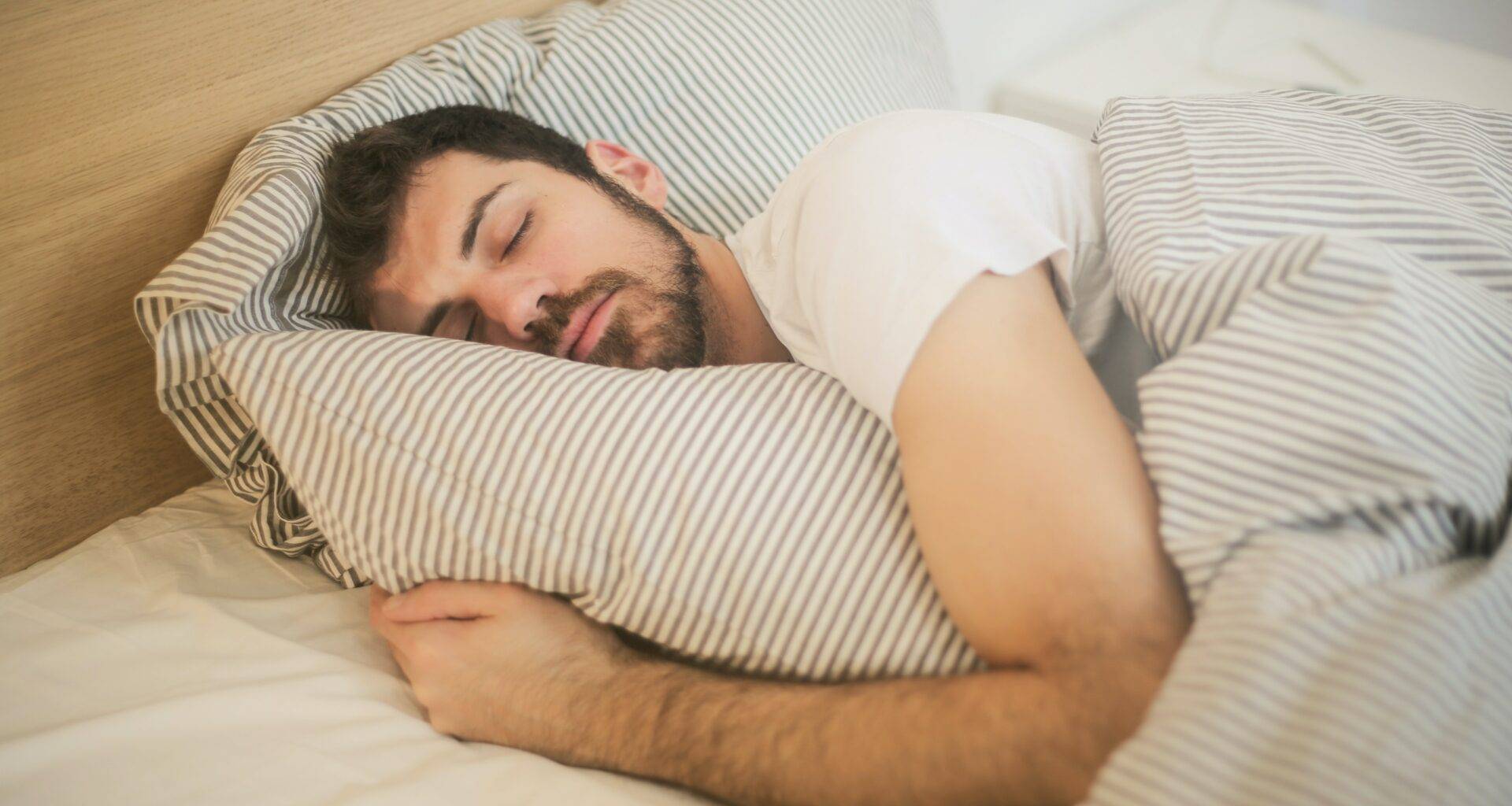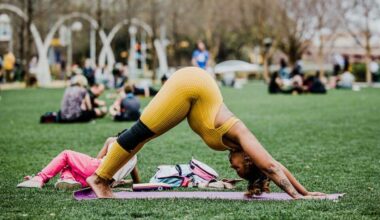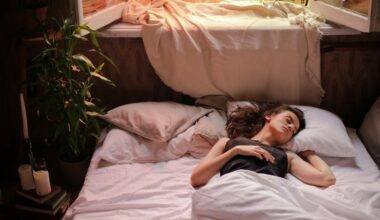Why do we need to sleep!? If you could see what your brain was doing when you were sleeping, you could discover that it was actually the most fruitful activity you engaged in all day, despite the fact that we spend a third of our lives sleeping when we could be working. Over the course of two decades, deep sleep, light sleep, and REM sleep, commonly referred to as dream sleep, were all switched by our brains, according to Dr. Matthew Walker’s research.
The first 90 minutes of sleep after you fall asleep are often spent in a deep slumber; if you stay up a little later than normal to watch a movie or browse the internet that night, you are giving up a significant portion of your deep sleep. Think of deep sleep as a mail delivery service that picks up your mailroom’s packages during the day.
Your hippocampus serves as this mailroom’s temporary storage facility, and the packages are bits of knowledge you learned during the day, like a person’s name or the steps to a new method of working. When you enter deep sleep, the fleet of vans starts to move your mailroom’s packages to permanent actors in your brain.
If you couldn’t get those packs to their rightful place, miss the first two hours of any usual sleep routine; if you stay with Blade As, the contents of these bags may be lost forever. Deep sleep for Redditors is a stage of light sleep. Comparable to arranging the mail room is a little snooze. Because it is challenging to preserve the hippocampus and the knowledge after being awake for 16 hours, the crew is responsible for cleaning it every day.
When you stay up late reading, you frequently read the same paragraph in a manual so that you can feel understandable knowledge once again. Many students have said that sleep refreshes the mind, restoring your potential to learn new information. He did not research the same information that allowed them to sleep for the previous two to four nights; instead, he checked the amount of battery that is attached to the device.
All the other student groups slept through the night In the sleep deprivation group, I was unable to clean the hippocampus because of a lack of light, and the night before the study, 40% of your facts were called—the distinction between an a and an f.

Sleep has been a low priority in our daily schedule for the majority of our lives, so rising early to study is actually counterproductive. You cannot learn new knowledge well if you wake up early and only get 5 to 6 hours of sleep.
It is okay to get up at 5 am. Most of your REM sleep is lost if you routinely get up at 7 a.m. Rapid eye movement, or REM, refers to the stage of sleep in which your eyelids move quickly and you appear to be practically possessed.
Because the rest of your body is fully immobilized during REM sleep and transformed into a cloud-based note-taking system like Evernote during the day, filming the rest of your body is useless, When you enter REM sleep, your mind begins to process the events of the day and try to piece them together into a coherent story. RAM is like software that runs through those notes in the cloud, changes them, and generates a story that you can understand.
By creating connections between recently stored information and previously stored information, it accomplishes this. They become smoother, stranger, and something you never considered while awake as a result of the connections. Drivers frequently experience a creative epiphany as a result. It entails going to bed with the next chapter’s summary in mind.
For business owners, it means getting up with a fresh product plan. For scientists, that means having the ideal experiment ready when they awaken. Remember the first time you heard the perfect melody in your brain as a musician? The music not only delivers created insights but also emotional insights because of the tracks from yesterday playing in your brain and the idea that someone else composed it.
Walker says that from ancient times, the dreams we have while in REM sleep have served as a type of therapy. since childhood and help us recall some of the strongest memories we have.
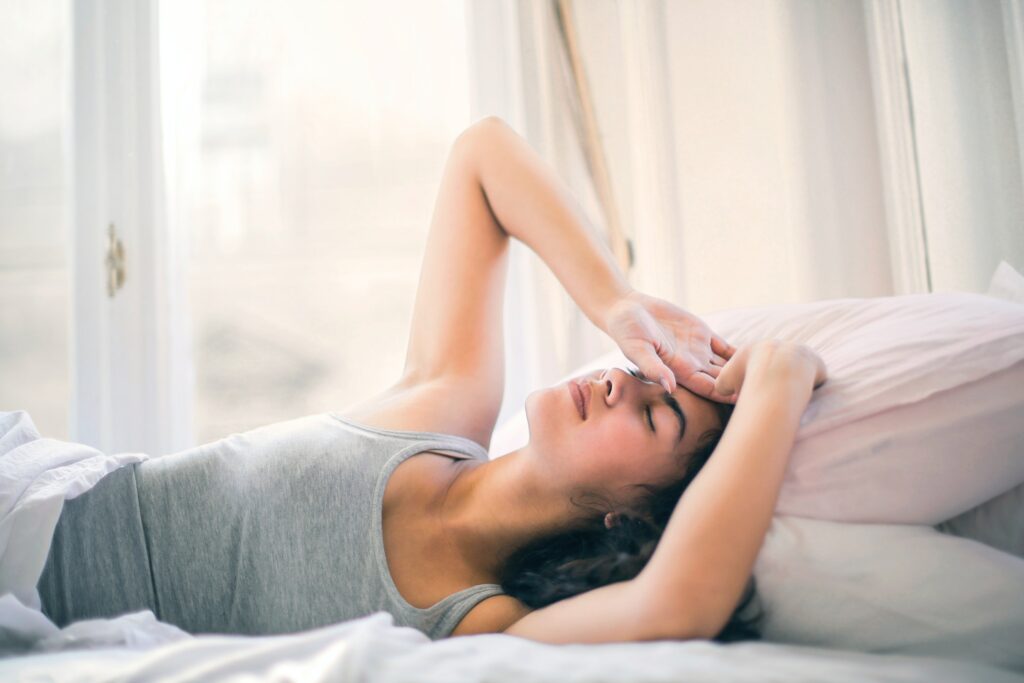
What you will notice is that almost all of the memories are emotional in nature, maybe being separated from your parents who were hit by a car was a particularly scary experience, but you also know you can’t remember.
The same level of movement that was there at the time of the experience not forgetting the memory, but you lost the emotional charge, or at least the substantial part of it, without dreams, even chronic PTSD dreams that we would have trusted Customs Moment so that we could go beyond the attitude identification and move on with our lives if your paths part for a while as the power of his ram dream state cycles helps you move from despair to hope.
In deep sleep, our ability improves information retrieval and light sleep improves our ability to gather information, learn and improve their ability to understand the information in all emotions associated with this information, but when we have not been able to figure out a set To sleep at night, we get 7-9 hours of full sleep in any part of our lum Deep st During sleep or REM sleep, we remember less, say less, and understand less. Without a full night’s sleep, it’s impossible to be at your best, so be sure to get a full 7-9 hours of sleep every night. Sleep should be our number one priority during the day. This should be our top priority during the day.
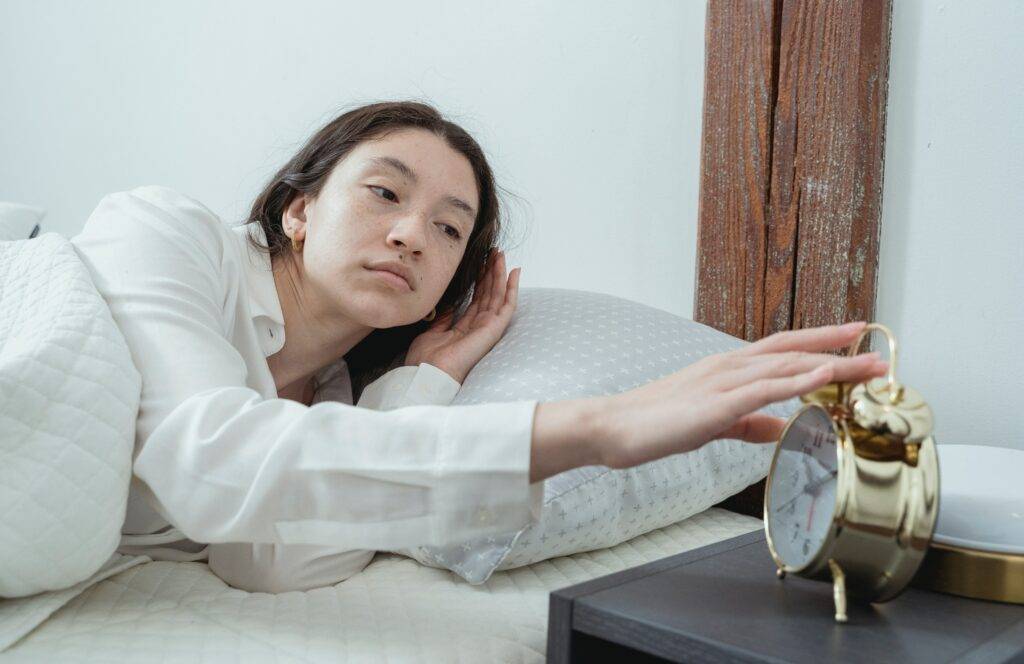
Sleep tips:
You are not doomed to toss and turn every night. Consider simple tips for better sleep, from setting a sleep schedule to integrating physical activity into your daily routine. Many factors can hinder a good night’s sleep, from work stress and family responsibilities to illness. No wonder a good night’s sleep is sometimes elusive. You may not be in control of the factors that interfere with your sleep. However, you can adopt habits that encourage better sleep. Start with these simple tips.
Stick to a sleep schedule
Don’t spend more than eight hours on sleep. The recommended amount of sleep for a healthy adult is at least seven hours. Go to bed at the same time every day and get up at the same time on weekends too. Being consistent strengthens your body’s sleep-wake cycle.
If you don’t fall asleep within 20 minutes of bedtime, get out of your bedroom and do something relaxing. Read or listen to soothing music. Go back to bed when you are tired. Repeat as needed, but continue to stick to your sleep schedule and wake time.
Watch what you eat and drink
Don’t go to bed hungry or stuffed. In particular, avoid heavy or large meals a few hours before bedtime. Discomfort can keep you awake. Nicotine, caffeine, and alcohol also deserve caution. The stimulating effects of nicotine and caffeine take hours and can interfere with sleep. And while alcohol can make you sleepy at first, it can disrupt sleep later in the night.

Create a restful environment
Keep your bedroom cool, dark, and quiet. Exposure to light at night can make it difficult to fall asleep. Avoid prolonged use of bright screens just before bedtime. Consider using room-darkening shades, earplugs, a fan, or other devices to create an environment that meets your needs. Calming activities before bed, such as taking a bath or using relaxation techniques, can promote better sleep.
Limit daytime naps
Long daytime naps can interfere with nighttime sleep. Limit naps to no more than an hour and avoid sleeping late in the day. However, if you work nights, you may need to take a nap late in the day before work to make up for your sleep debt.
Incorporate physical activity into your daily routine
Regular physical activity can promote better sleep. However, avoid getting too close to bedtime. Spending time outdoors every day can also be beneficial.
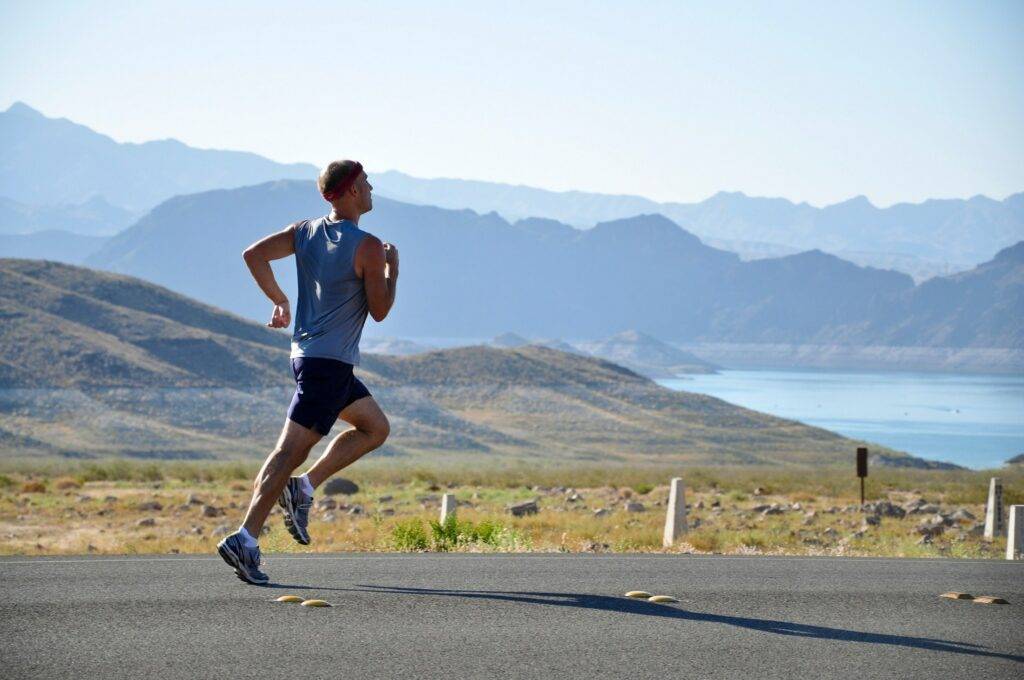
Deal with worries
Try to resolve your worries or concerns before bed. Write down what you think and put it aside for tomorrow. Stress management can help. Start with the basics of organizing, prioritizing, and delegating tasks. Meditation can also relieve anxiety. Know when to contact your doctor.
“Happiness is waking up, looking at the clock and finding that you still have two hours left to sleep.”
— Charles M. Schulz, American Cartoonist
If you desire to get any product that makes your life easier you can check this link:
If you are interested in what happens in our bodies if we don’t get sleep, you can see this video:
